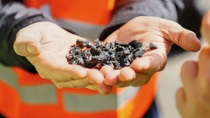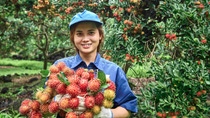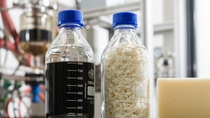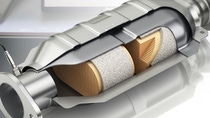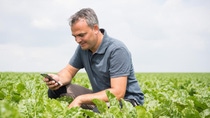Over ons
Circulaire Economie bij BASF
Circulaire economie betekent dat groei wordt losgekoppeld van het verbruik van hulpbronnen. BASF stimuleert de circulaire economie door optimaal gebruik te maken van de beperkte grondstoffen van onze planeet: We houden ze zo lang mogelijk in gebruik, minimaliseren afval en creëren waarde met hernieuwbare grondstoffen.
We dragen bij aan het sluiten en uitbreiden van de kringlopen door circulaire oplossingen te ontwikkelen en te implementeren voor de materialen die we inkopen. Maar ook door onze productie verder te optimaliseren en grondstof efficiënte producten en diensten aan te bieden die onze klanten op weg helpen naar circulariteit.
We streven naar een meer circulaire economie door in toenemende mate gebruik te maken van gerecyclede en hernieuwbare grondstoffen, nieuwe materiaalkringlopen vorm te geven en nieuwe bedrijfsmodellen te creëren. BASF heeft daarom een nieuw Circular Economy-programma gelanceerd. Tegen het jaar 2030 wil het bedrijf haar omzet met oplossingen voor de circulaire economie verdubbelen tot € 17 miljard. Om dit te bereiken, concentreert de onderneming zich op drie actiegebieden: circulaire grondstoffen, nieuwe materiaalkringlopen en nieuwe bedrijfsmodellen. Vanaf 2025 wil BASF jaarlijks 250.000 ton gerecycleerde en op afval gebaseerde grondstoffen verwerken, ter vervanging van fossiele grondstoffen.
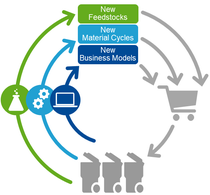
New business models
We develop new business models that meet the needs of our customers. Digital innovation will play a key role here, for example in developing track and trace solutions, or smart farming. We see this as an opportunity to enter new markets. We see potential in offering service models rather than just selling a chemical product.
Shaping new material cycles
By new material cycles, we mean products that close the loop by being based on renewable or recycled raw materials or by enabling recyclability and/or biodegradability.
Circular feedstocks
We will continue to increase the volume of renewable and recycled feedstocks from sustainable sources which we already use as drop-in solution. We expect that 250,000 metric tons of feedstock will come from recycled sources by 2025. The certified mass balance approach enables us to offer products with an allocated share of renewable or recycled feedstock. Customers can choose these products if they want to contribute to saving fossil resources and a lower carbon footprint. We also offer a bio-based portfolio, e.g. for personal care, nutrition or plastics. By offering a portfolio based on renewable and recycled feedstock, we contribute to reaching our target of €22bn sales with Accelerator products in 2025.
